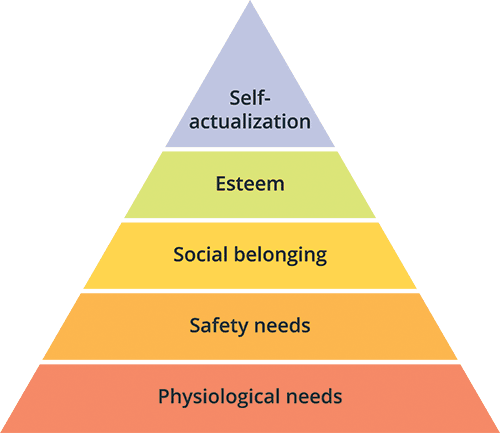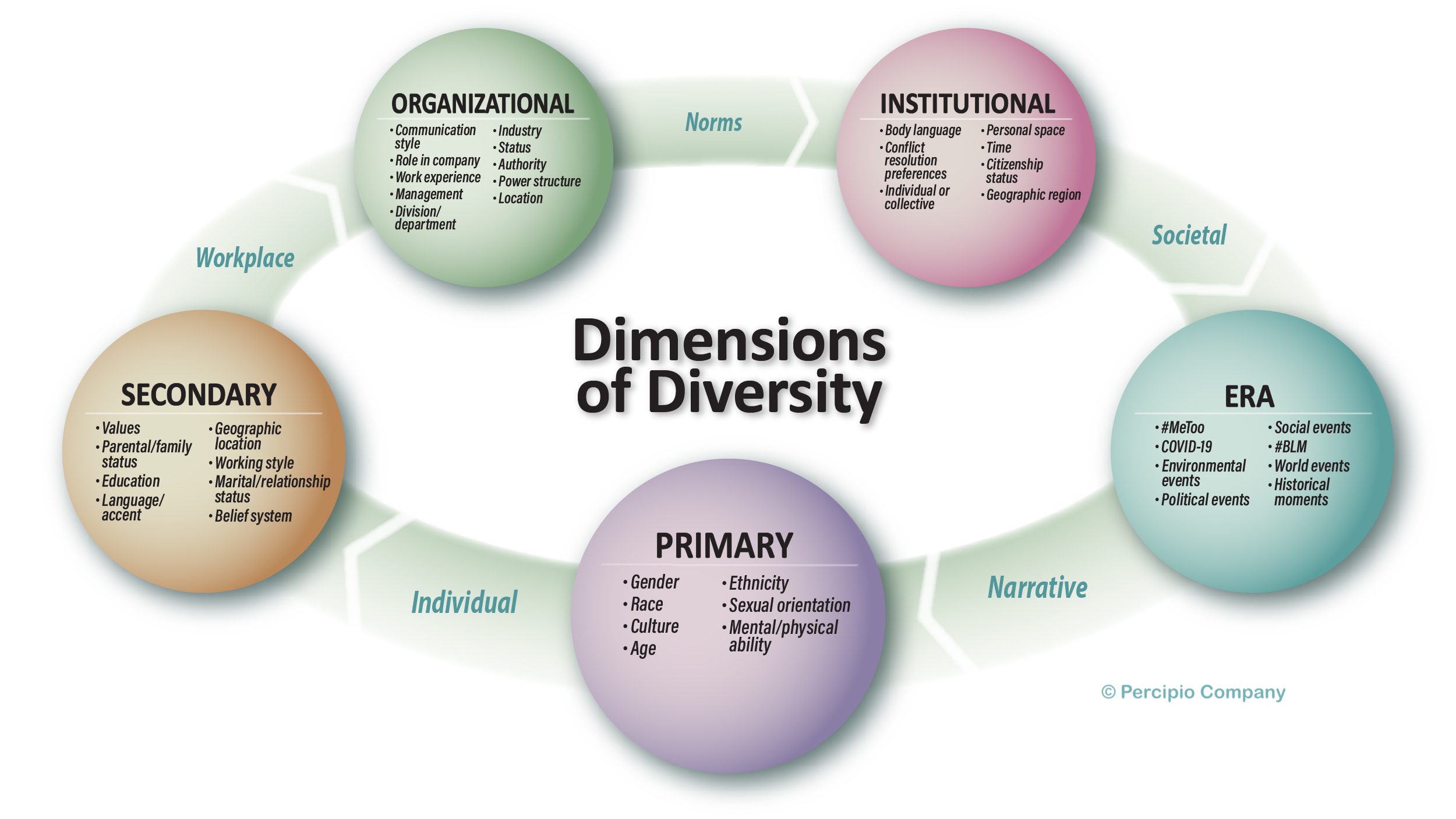Lack of Engagement, Inclusion and Belonging
Lack of engagement, inclusion, and belonging is one of the most common problems that many workplaces struggle with. Find out how we solve these problems at their root.
Systemic Problem Resolution
Recent studies and surveys have illuminated the widespread issue of workplace engagement, identifying several core areas where many organizations fall short. A comprehensive study conducted by Great Place To Work® across 37 countries involving over 14,000 workers revealed a significant lack of trust, purpose, and connection within workplaces worldwide[*]. Key findings include that only about half of employees globally report experiencing a great workplace. This engagement crisis is attributed to challenges in equity, meaningful connections, purpose, and leadership. Specifically, more than half of workers feel that pay and promotions are unfairly distributed, a significant portion lacks personal connection and psychological safety, and many find their work lacks meaning or fails to make a difference. These issues contribute to a poor employee experience, undermining companies’ ability to innovate and remain competitive.
DE I-don’t want to have this conversation
What is the best way of understanding DEI? DEI stands for “Diversity, Equity, Inclusion.” Each word has a meaning. Each word is what I call a “slippery” term because they can mean something different to literally each person in any given room. Too often, they are conflated into a single acronym that is blamed for something it is incapable of being. There is value is establishing a common language and understanding before casting judgement or redefining processes and protocols. Take a look at how we define these terms below.
Maslow Reframed
In 1943, Maslow created a hierarchy of needs that clearly shows belonging as a key factor in human motivation to do just about anything. This has been proven by studies used in almost every business administration and MBA program. You would think that this knowledge would be applied to everyday workplace management but many do not consider it a factor in good managerial practices. When applied, the concept of belonging in the workplace sets the aspirational goal and defines the threads that make up the fabric of workplace culture.

Bias to Belonging® begins with meeting people where they are, not where we imagine them to be. In order for connections to be made, biases need to be mitigated. This is done through an introspective, self-reflective approach and typically includes coaching organizational leaders to reduce mental errors, strengthen employee relationships, and increase productivity.
The Percipio Company is able to offer a range of services to steer leadership teams who seek to normalize inclusive behaviors and increase a sense of belonging in the workplace.
Percipio Company’s Consulting Services
When compliance training is the identified need, we partner with emtrain, a leading provider of anti-harassment, anti-discrimination, and a huge library of self-paced compliance courses. The Percipio Company sweet spots are picking up where compliance training leaves off. We believe there is a bias created when training is made mandatory and people are feeling forced to sit through someone or something lecturing them about what not to do. We pick up where that leaves off and get employees focused on what to do.





